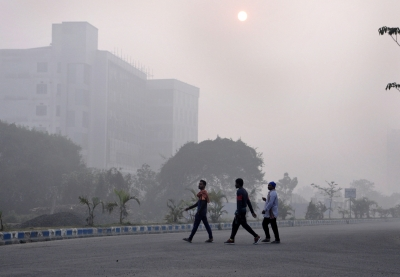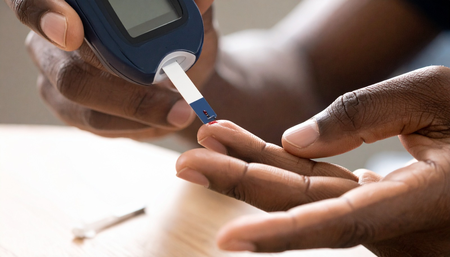
New Delhi, Jan 12 (IANS) Even as watching short videos or reels on social media platforms has become an integral part of the daily lives of young and middle-aged people, a new study shows that addiction to this can lead to high blood pressure.
The study, conducted by researchers The First Hospital of Hebei Medical University in China, aimed to explore the correlation between the screen time spent watching short videos at bedtime and essential hypertension among young and middle-aged people.
The team analysed data of 4,318 young and middle-aged people who self-reported screen time spent watching short videos at bedtime and also underwent medical examinations between January 2023 and September 2023.
They found that longer screen time spent watching short videos at bedtime was associated with a higher hypertension prevalence.
“The screen time spent watching short videos at bedtime was significantly associated with essential hypertension in young and middle-aged people,” said the team, in the paper published in the journal BMC Public Health.
The researchers called for “strict control of screen time spent watching short videos at bedtime”.
In addition, they also urged “control of body weight, blood lipids, blood glucose, and uric acid levels, and improvement of poor lifestyle, such as a high-sodium diet,” which can help reduce the risk of hypertension.
Previous studies have showed that prolonged mobile phone use, that is 30 minutes or more a week can increase risk of high blood pressure or hypertension.
The study, published in European Heart Journal – Digital Health, a journal of the European Society of Cardiology (ESC), indicates that low levels of radiofrequency energy emitted from mobile phones has been linked with an increase in blood pressure.
A whopping 1.3 billion adults aged 30 to 79 years worldwide have high blood pressure, according to the World Health Organization. It is a major risk factor for heart attack and stroke, as well as a leading cause of premature death.
–IANS
rvt/




